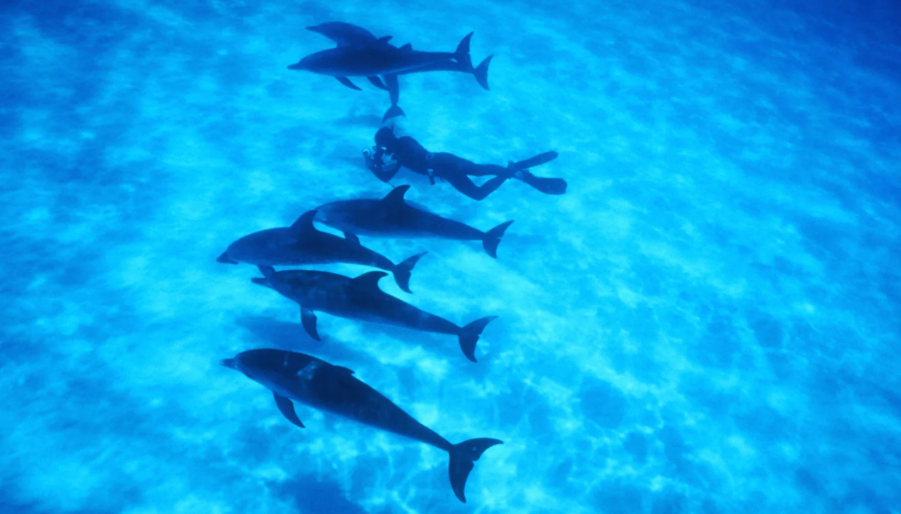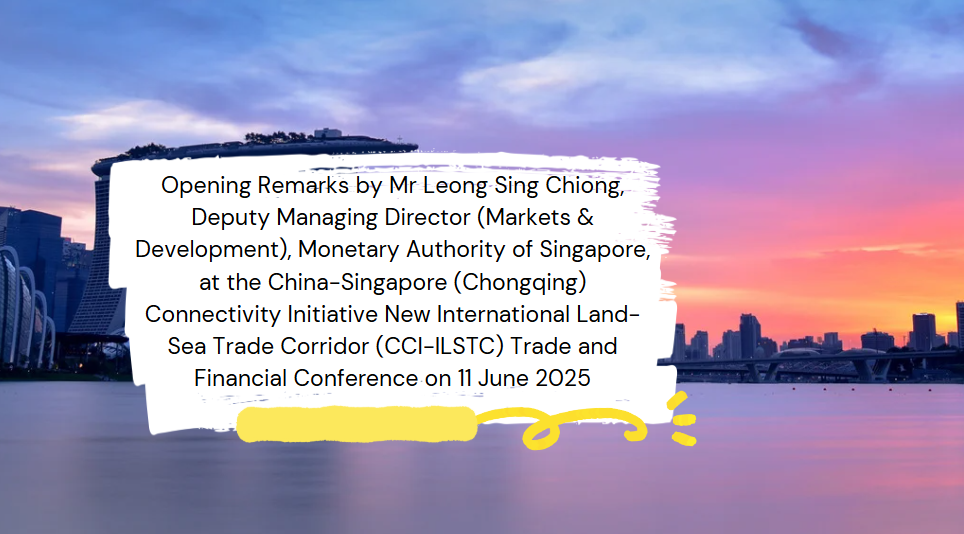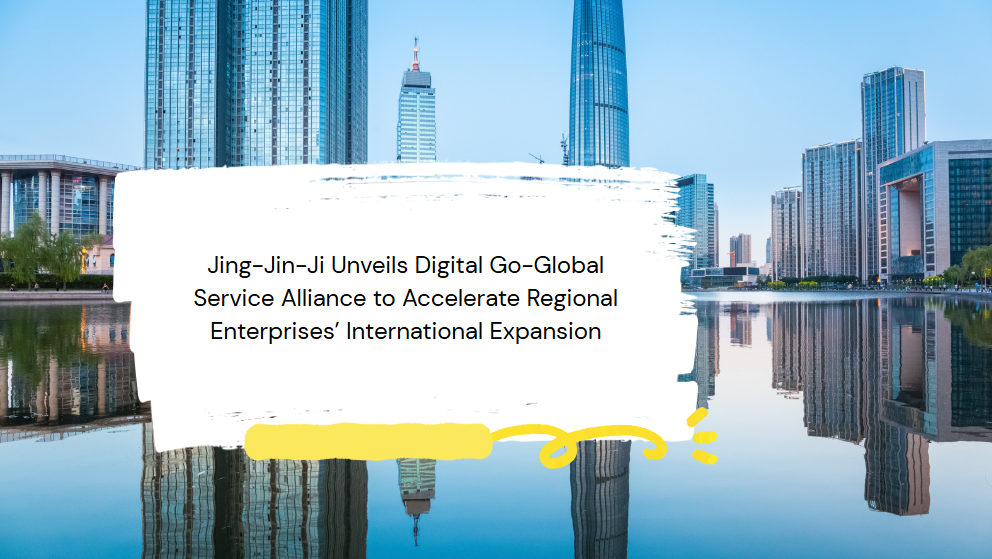Public Development Banks Launch Clean Oceans Initiative 2.0
This article contains AI assisted creative content
NICE, FRANCE (10 June 2025) — Building on a shared commitment to marine sustainability, six public development banks on Monday launched the Clean Oceans Initiative 2.0 (COI 2.0), a renewed and expanded partnership dedicated to drastically reducing plastic pollution in the world's oceans. At the United Nations Ocean Conference in Nice, Agence Française de Développement (AFD), European Investment Bank (EIB), Kreditanstalt für Wiederaufbau (KfW), Cassa Depositi e Prestiti (CDP), and European Bank for Reconstruction and Development (EBRD) together with the Asian Development Bank (ADB), which joins the initiative as a new member, set a financing target of €3 billion ($3.4 billion) for the years 2026 to 2030.

Launched in 2018 and extended in 2022, the Clean Oceans Initiative is the largest multilateral effort dedicated to funding projects that reduce plastic pollution at sea. In May this year – seven months ahead of schedule – the initiative met its target of €4 billion in long-term financing for public and private sector projects aimed at reducing discharge of plastics, micro-plastics, and other litter into the oceans through the improved management of solid waste, wastewater, and stormwater. Project examples include improved wastewater treatment in the People's Republic of China, Egypt, South Africa, and Sri Lanka; solid waste management in Senegal and Togo; and flood protection in Benin, Ecuador, and Morocco.
According to the United Nations, if current trends continue, the amount of plastic waste entering aquatic ecosystems could triple—from around 11 million tonnes in 2021 to 23–37 million tonnes per year by 2040. The new phase of the Clean Oceans Initiative is the international financial community's response to these challenges. COI 2.0 will maintain its focus on reducing marine litter, while increasing its impact by placing a stronger emphasis on waste prevention and supporting circular economy solutions, including projects that develop alternatives to plastic.
Some of the highest amounts of plastic enter the ocean in Asia, making it essential to join forces with local partners. ADB brings crucial regional expertise to the initiative and will be able to leverage projects in its area of action. Going forward, one of the objectives of this public development bank collaboration is to measure the impact of the enhanced initiative using scientifically robust and easy-to-apply indicators, especially in the areas of plastic pollution prevention.
“Asia and the Pacific is home to the world's richest marine biodiversity but also faces some of the most urgent ocean threats. ADB is supporting its developing member countries to advance sustainable and resilient blue economies. Through the Clean Ocean Initiative, we will help integrate ocean health into key sectors and unlock greater access to scaled-up investments,” said ADB Vice-President for Sectors and Themes Fatima Yasmin.
Before joining the initiative, ADB had already made a number of investments in this area. ADB's Healthy Oceans Program mobilized nearly $4 billion in cumulative ocean investments between 2019 and 2024, with an ambition to scale up further. The program helps de-risk nature-based solutions and attract private capital into sectors typically underserved by traditional finance. Approximately 45% of all ocean-related projects at ADB are focused on waste and wastewater management that reduce pollution entering marine ecosystems.
ADB is a leading multilateral development bank supporting inclusive, resilient, and sustainable growth across Asia and the Pacific. Working with its members and partners to solve complex challenges together, ADB harnesses innovative financial tools and strategic partnerships to transform lives, build quality infrastructure, and safeguard our planet. Founded in 1966, ADB is owned by 69 members—50 from the region.





















































First, please LoginComment After ~